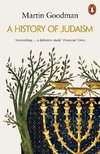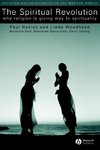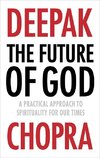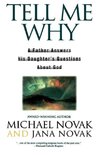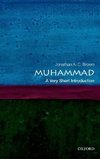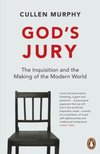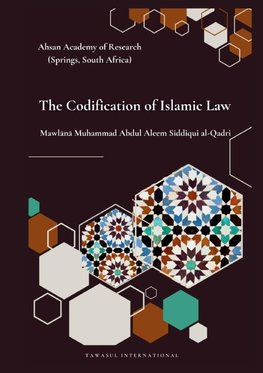
-
 Anglický jazyk
Anglický jazyk
The Codification of Islamic Law
Autor: Muhammad Abdul Aleem Siddiqui Al-Qadri
In The Codification of Islamic Law, a collection of lectures delivered during his extended stay in Trinidad in 1949-50, Mawlana Abdul Aleem Siddiqui (1892-1954), an accomplished Islamic spiritual master, writer and visionary of the twentieth century, presents... Viac o knihe
Na objednávku, dodanie 2-4 týždne
10.44 €
bežná cena: 11.60 €
O knihe
In The Codification of Islamic Law, a collection of lectures delivered during his extended stay in Trinidad in 1949-50, Mawlana Abdul Aleem Siddiqui (1892-1954), an accomplished Islamic spiritual master, writer and visionary of the twentieth century, presents an insightful discourse on the evolution and codification of Islamic Law. Informed by his many decades ofstudy of the Quran and the Sunna of the Prophet (pbuh), the two divinely inspired perennial Islamic sources of law, Mawlana Siddiqui, after delving deep into the inner unity of the Quranic message and the systematisation of the Hadith, offers an analytical account on the formation of the four classical schools of Muslim Law, along with the scholarly pre-requisites for Ijtihad (the independent legal reasoning based on the Quran and the Sunna) and its relation with Taqlid (adherence to authoritative guidance by the Imams). Mawlana Siddiqui's approach to the Islamic Law is dynamic, scholarly, both timely and timeless, thus assisting us to understand its nature and importance even now, as the question of Sharia is hotly debated. Deeply trained in classical Islam and the authentic form of Sufism,in accordance with the principles of the Shari'ah, during the early decades of the last century, Mawlana Siddiquitravelled across the globe, visiting the interior regions of Africaand many metropolises in Europe, America and Asia, sharingIslam's message of peace, spiritual refinement, besides stressing the inner Muslim unity. He also equally stressed the importance of building interfaith relations among Muslims, Christians, Jews, Hindus and Buddhists, as fellow human beings, honoured by God. Mawlana Siddiqui was noted for his epistle to Pope Pious XII, written in 1950, exploring the common human fraternity, and his interactions with the noted twentieth century intellectual giants such as the philosopher Muhammad Iqbal, Bernard Shaw, Shaikh Mustafa Al-Maraghi and Shaikh Abdullah Draz. Muhammad Fazlur Rahman Ansari, one of the insightful South Asian Muslim scholars of the last century and Justice M.T. Akbar, an eminent Sri Lankan Muslim jurist, were some of the noted disciples of Mawlana Siddiqui. Abdul Kader Choughley, the author of the appendix, given at the end of the volume, traces a brief life history of the Mawlana in his reflection. Some of the important works of Choughley, related to the legacy Abdul Aleem Siddiqui and his spiritual disciple Fazlur Rahman Ansari areAbdul Aleem Siddiqui and His Mission, Fazlur Rahman Ansari Aligarh Years: 1933-1947, Dr Ansari Series:Moral and Spiritual Transformation in Islam (Selected Writings and Lectures, Vol.1), Moral and Spiritual Transformation in Islam (Muhammad Fazlur Rahman Ansari's Lectures in South Africa: Reflections, Vol. 2), published by Tawasul International, Rome, 2024.
- Vydavateľstvo: Tawasul
- Rok vydania: 2024
- Formát: Paperback
- Rozmer: 210 x 148 mm
- Jazyk: Anglický jazyk
- ISBN: 9791281473300
